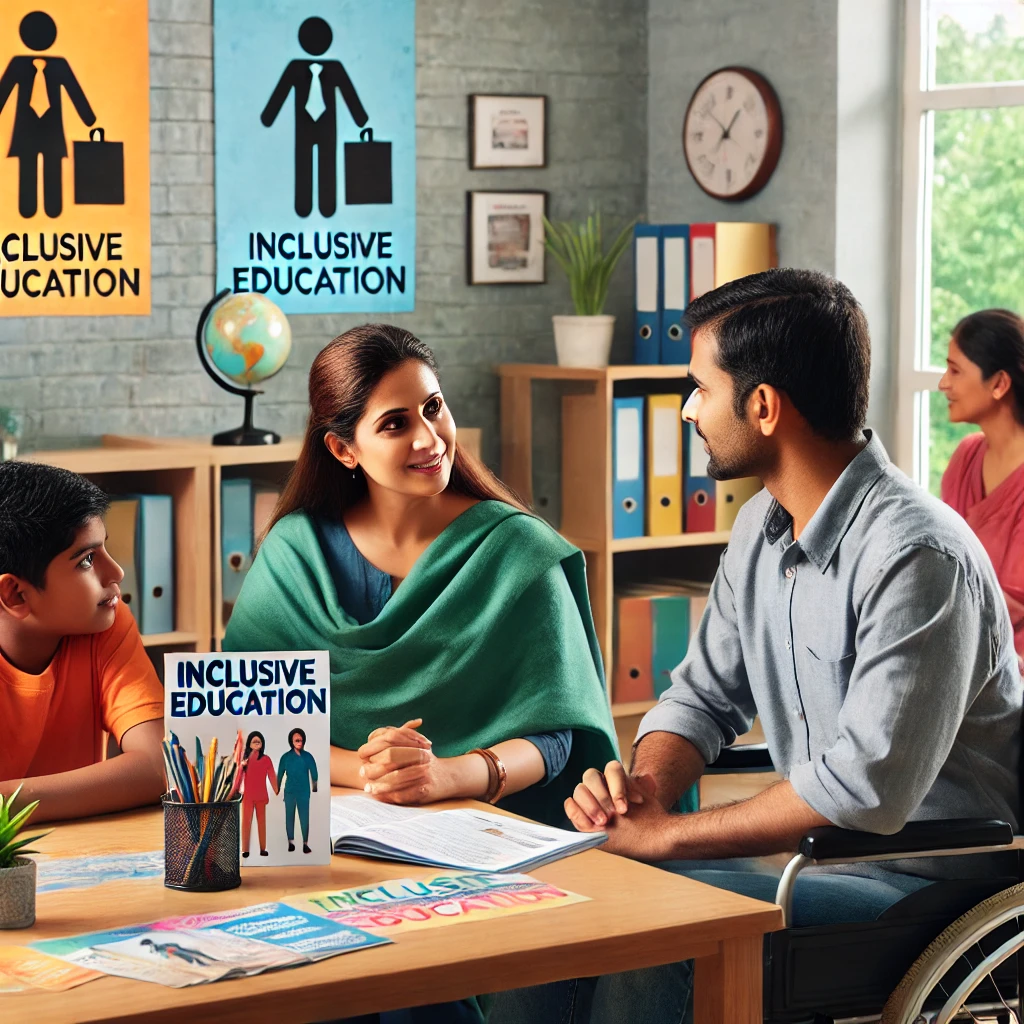Career in Special Education: Opportunities and Challenges in the Indian Scenario
Updated on: 10th March, 2025

Special education is a rapidly evolving field in India, driven by the increasing recognition of the rights of children with disabilities. With policies such as the Right to Education (RTE) Act, 2009, the Rights of Persons with Disabilities (RPWD) Act, 2016, and the National Education Policy (NEP) 2020, the demand for trained special educators is growing. Special educators play a crucial role in ensuring inclusive education by providing tailored instruction to children with disabilities, helping them overcome learning challenges, and develop essential skills. However, despite the growing need for special educators, India faces a significant shortage of trained professionals, with over 20 million children with disabilities requiring specialized educational support. This demand is fueled by government policies mandating inclusive education, increased awareness among parents and schools, legal requirements for the presence of special educators in institutions, and the integration of technology in special education.
Career opportunities in special education are diverse, with professionals working in schools, rehabilitation centers, NGOs, and government agencies. Special educators can take on roles such as Inclusive Education Coordinator, Early Intervention Specialist, Counselor for Special Needs, Curriculum Developer, Rehabilitation Therapist, ICT Specialist in Special Education, and policy advisors in government institutions. To enter this field, individuals need specialized training and certification, with courses such as Diploma in Education (Special Education), Bachelor of Education (Special Education), and Master of Education (Special Education). Additionally, certification from the Rehabilitation Council of India (RCI) is mandatory to work as a licensed special educator. Several renowned institutes, including the National Institute for the Empowerment of Persons with Visual Disabilities (NIEPVD) and the National Institute for Empowerment of Persons with Intellectual Disabilities (NIEPID), offer these courses.
Despite the promising career prospects, the field of special education in India faces numerous challenges. A major issue is the shortage of special educators, which makes effective inclusion difficult in many schools. Additionally, the high pupil-teacher ratio (PTR), which should ideally be 1:8 for children with disabilities, is often not maintained. Limited infrastructure, lack of assistive technology, and inadequate resource rooms further hinder inclusive education in mainstream schools. Moreover, special educators often receive lower salaries and less recognition compared to general educators, which discourages professionals from entering the field. Social stigma and parental reluctance to enroll children in special education programs also pose significant barriers.
Despite these challenges, the future of special education in India appears promising. Government initiatives continue to promote inclusive education, advancements in assistive technology, such as AI-based learning tools, are improving accessibility, and awareness among educators and parents is increasing. The growing demand for special educators in both the public and private sectors offers significant career opportunities. Aspiring special educators should focus on obtaining the right qualifications, securing RCI certification, gaining practical experience through internships, staying updated with the latest ICT tools, and advocating for inclusive policies in mainstream schools. With the right skills and dedication, a career in special education can be both fulfilling and impactful, contributing to a more inclusive and accessible education system in India.
Ms. Priyanka Yadav
Assistant Professor,
Faculty of
Education
SGT University, Gurugram

